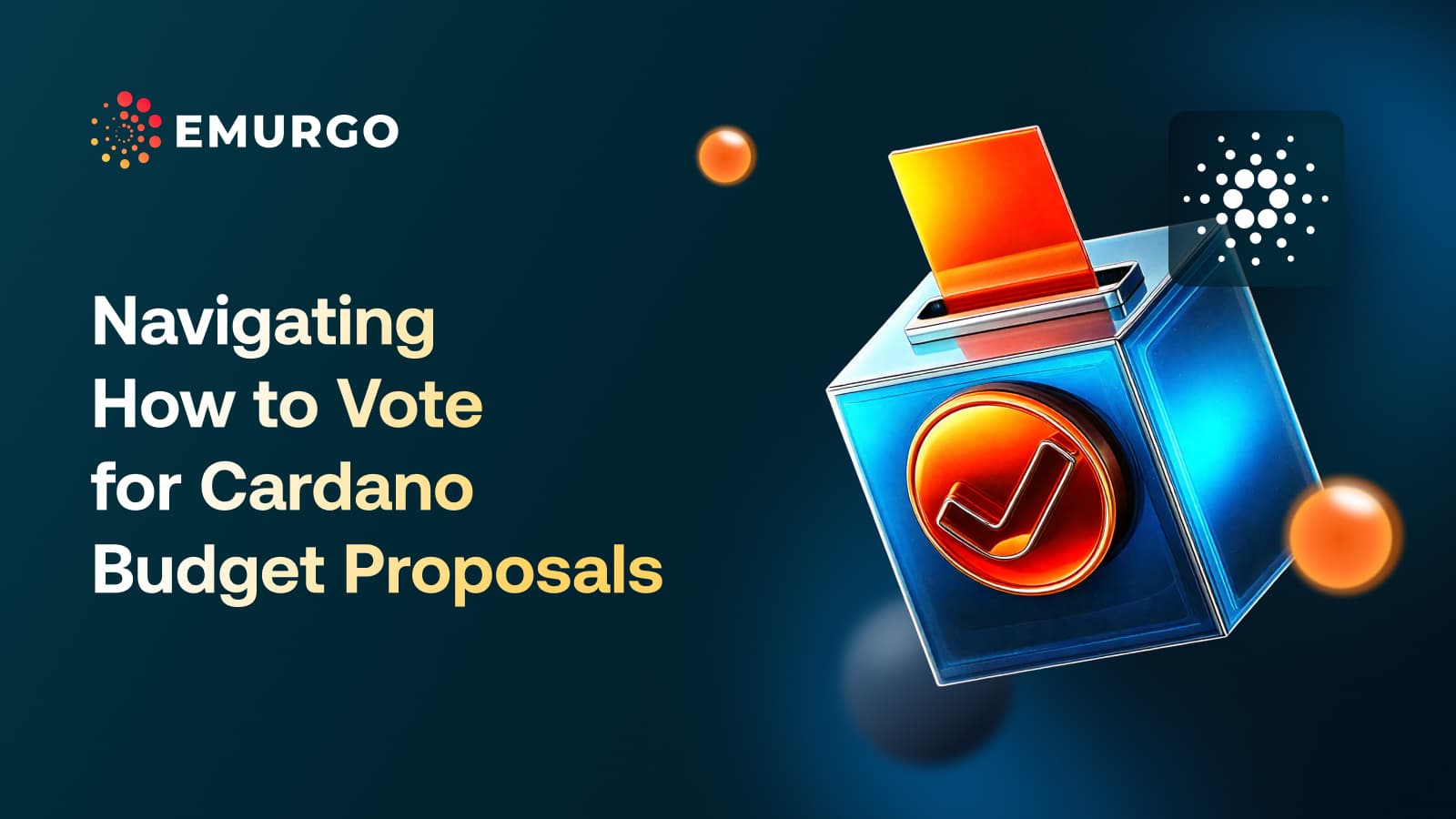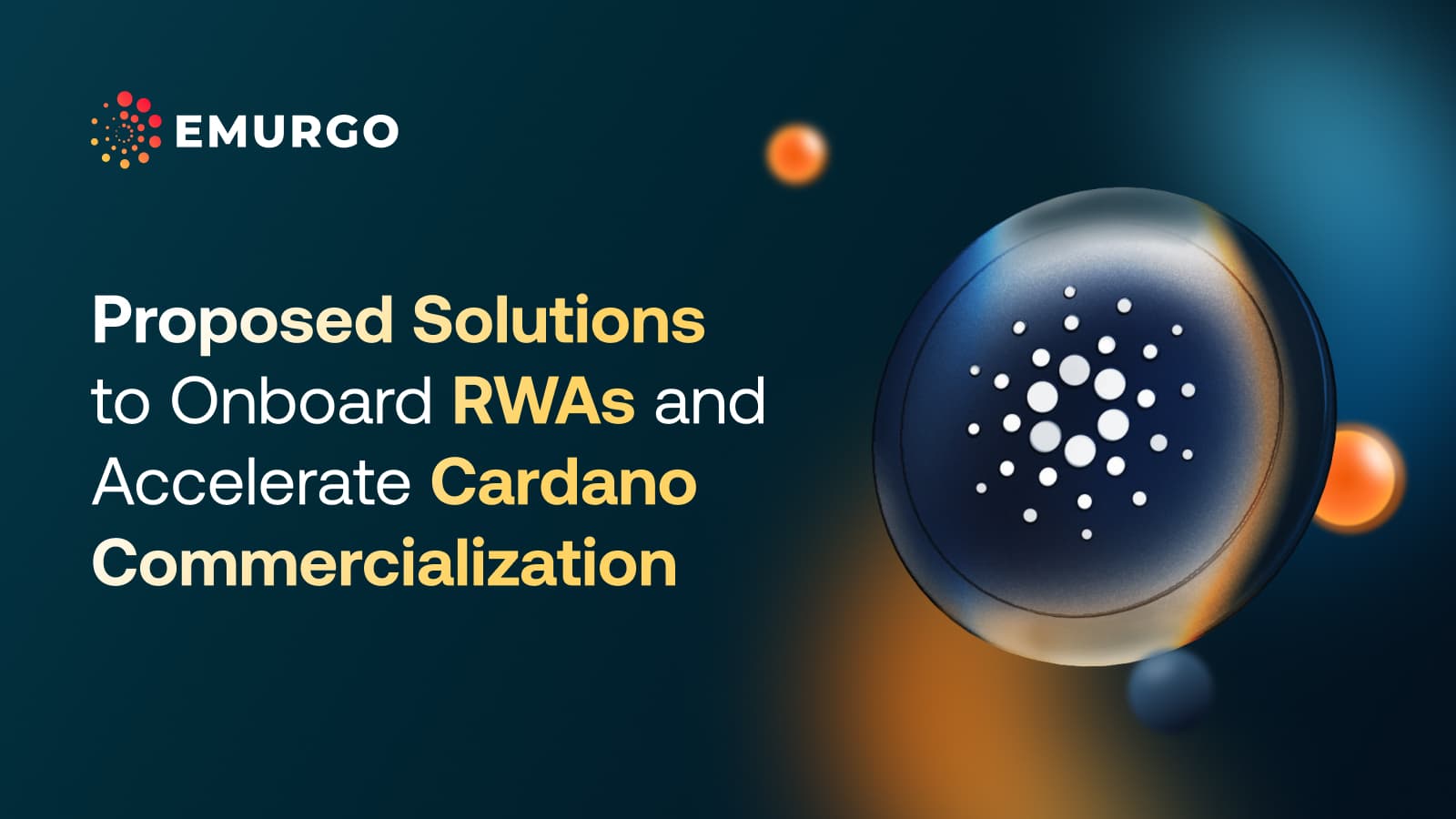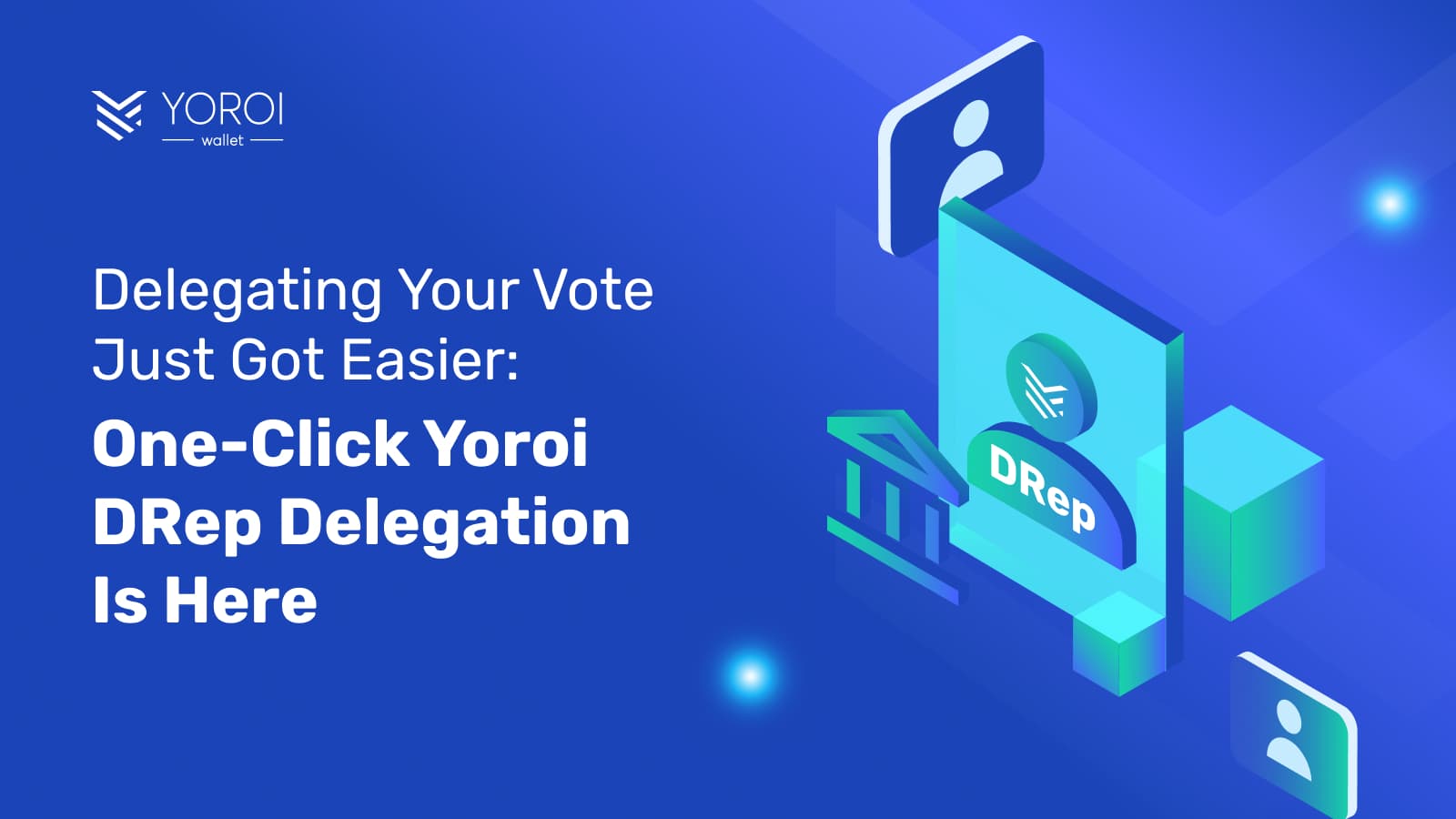Since their introduction, NFTs (non-fungible tokens) have steadily expanded their utility to potentially be applied to a growing number of real use cases.
This is due to various factors, including consistent technological development within blockchain, increased education and awareness, funding opportunities, and more.
Now, NFTs have become their own ecosystem within the overall blockchain industry, complete with developers, applications, wallets, and users.
In this blog, we’ll review some of these newer potential use cases and illustrate the versatility of NFTs to provide unique value for businesses, builders, and individuals.

1. NFTs for staking
Our first example pairs NFTs with the act of “staking” in the blockchain world. Staking is the practice of locking digital tokens or cryptocurrencies in a smart contract on its native decentralized blockchain network to help secure it. In return for this participation, a potential yield is calculated and distributed to the staking user based on the locked period or the number of tokens locked.
DeFi (decentralized finance) projects in the blockchain space use staking to help regulate the number of tokens available in the open market while rewarding users who choose to lock their tokens.
Now, as NFTs have grown significantly in popularity and adoption over the years, they are also being used to create these staking positions which enable NFT holders to receive yield while still holding on to their NFTs.
Instead of using fungible tokens, a DeFi project can create an NFT or a platform specialized in staking NFTs. Then, they utilize a smart contract on a particular blockchain network to lock this NFT with the user receiving a potential yield in return. In some cases, the NFT can be transferred once staked. Therefore, the user can resell the staking position.
Related reading:
- Explore more NFT use cases for businesses
- Why NFTs can create a strong community
- 10 most commonly asked questions about Cardano NFTs
2. NFTs as collateral
Another merger between NFTs and DeFi involves using the former as loan collateral, where a platform uses a blockchain-based smart contract for lending purposes. The contract is self-executing and effectively takes a valued NFT and calculates the amount of the loan based on its appraisal value without the use of third-party intermediaries.
An oracle network then searches for other NFTs within the same collection or any past activity of the same NFT to assign a relative value. The loan is a proportion of the calculated value; in very rare cases, it can be the complete amount.
If the owner of the NFT is unable to repay the loan, the asset is automatically transferred to the counterparty. The other party can sell it immediately or keep it until the value of the NFT rises to gain a higher profit.
This gives an additional use case for NFTs as they grow in adoption and demand by users.
Read more: Why business professionals can boost their career by learning about DeFi
3. NFTs as token bonds
Another type of potential NFT lending implementation is tokenized bonds. In this case, a borrower needs to get a loan of a certain amount in either a cryptocurrency, token, or stablecoin. A lender provides that loan plus the required interest payment.
This is all provided in the form of an NFT bond that acts as a contract and also an asset. If the lender needs funds quickly, they can sell the bond to another person, who will become the counterparty to the borrower.
The result is an ecosystem where loans can be liquid assets that are traded freely on-chain using a blockchain network. Loans can be transferred as the need arises, thereby adding flexibility and liquidity to NFT holders.
4. NFTs for scientific papers
Moving away from the DeFi ecosystem, NFTs can serve a role in academia by helping to verify scientific or research papers and assign reputation scores to authors. Today’s academia is facing a crisis where submitted papers are plagiarized and don’t provide the requisite sources. In some cases, papers are completely fabricated studies.
Putting these papers on a blockchain network where they can be vetted and verified is an effort. Records would be immutable and transparent. Here, NFTs could serve as a representation of each document and also a collection of its reputation. Papers with fake data would accumulate bad reputations and be ignored for future studies.
5. NFTs as property documents
There is also an increasing demand around the world for revamping how property rights are recorded, especially in underdeveloped regions where a lack of transparency and accountability has led to corrupt practices and other misdeeds.
NFTs offer a potential solution as they are by nature, immutable records, that can store and record complex information. Transactions and relevant information can be input into the token metadata and recorded on-chain for any party to view. Property holders can be properly registered, accounting information would be clearer, and other details related to the real estate asset could be verified and accounted for with transparency. NFTs also afford the potential ability to divide asset ownership among several parties, lowering the threshold for real estate investment accessibility to more investors.
NMKR: A simple no-code solution to create NFTs
NMKR is an NFT and Tokenization platform service leveraging the Cardano blockchain. It enables businesses and individuals to easily create NFTs by providing tools that do not require coding knowledge.
As an established platform, NMKR’s services have been used by businesses, gaming projects, creators, and more to successfully mint NFTs of various assets.
Its various products including NMKR Studio and NMKR Pay with multi-language support enable businesses and individuals to enter the Web3 space seamlessly and even provide traditional fiat payment options to mint NFTs.
Follow EMURGO on X and LinkedIn for more on NFT use cases
Interested in receiving more information on business use cases for NFTs, such as real-world asset tokenization and gaming?
Then, follow EMURGO on X and LinkedIn
About EMURGO
- Official Homepage: emurgo.io
- X (Global): @EMURGO_io
- YouTube: EMURGO channel
- LinkedIn: @EMURGO_io
Disclaimer
You should not construe any such information or other material as legal, tax, investment, financial, or other advice. Nothing contained herein shall constitute a solicitation, recommendation, endorsement, or offer by EMURGO to invest.



